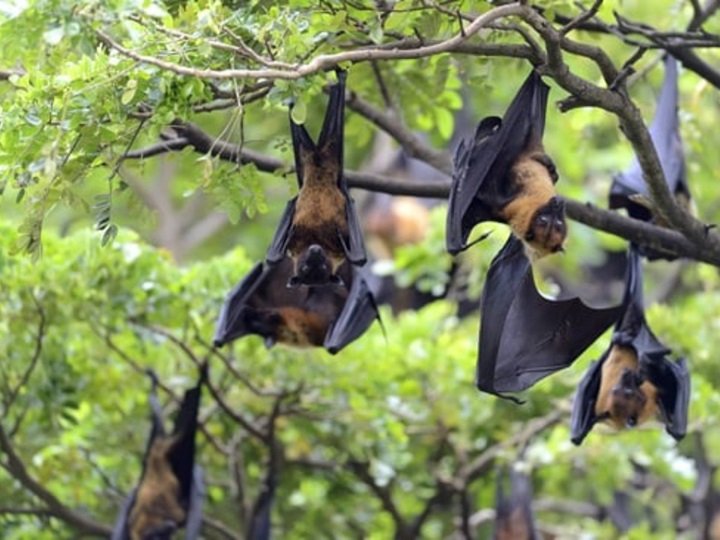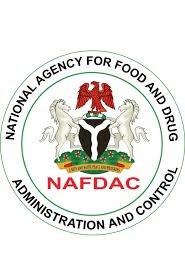UNICEF SOUNDS ALARM AS CHOLERA THREATENS THOUSANDS OF CHILDREN IN NIGERIA
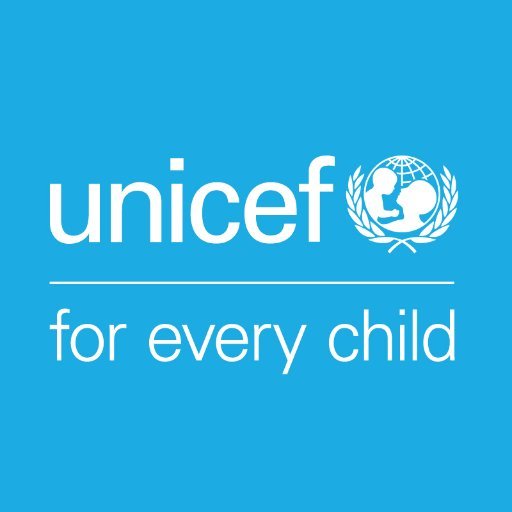
United Nations Children’s Fund (UNICEF) has revealed that Nigeria is grappling with a major cholera outbreak that has claimed 86 lives and infected over 3,000 people across 34 states, posing a dire threat to children’s health as the rainy season deepens an already fragile public health situation.
UNICEF warned that the country, second only to the Democratic Republic of the Congo in cholera burden in West and Central Africa, urgently needs intensified response efforts to save lives—particularly among children under five, who are most vulnerable to severe dehydration and death.
UNICEF’s Regional Director for West and Central Africa, Gilles Fagninou stated that “With access to safe water and hygiene conditions already dire, urgent action is needed. This is a matter of survival.”
The cholera outbreak in Nigeria is driven by persistent flooding, inadequate sanitation, and overcrowded living conditions in displaced communities. These factors make it harder for children especially in rural and underserved areas— to access clean drinking water and timely treatment.
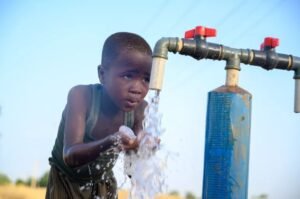
Although cholera is endemic in Nigeria, the recurrence and scale of outbreaks highlight systemic gaps in public health infrastructure. With the threat of cross-border transmission rising, health experts warn that the crisis could spill into neighboring countries if not contained.
Despite the daunting conditions, there is hope. UNICEF is scaling up its response by delivering lifesaving water, sanitation, and hygiene (WASH) supplies, promoting vaccination, and working closely with Nigerian health authorities to reach remote communities. The agency is also seeking $20 million in emergency funding to extend these critical efforts over the next three months.
“We are in a race against time, together with our partners, we are making every effort to ensure that no child is left behind,”Fagninou noted.
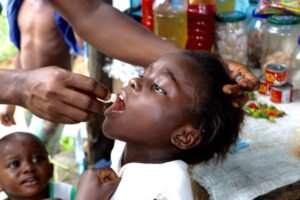 In the face of adversity, Nigerian health workers, community volunteers, and international partners are showing inspiring resolve. From setting up mobile treatment units in rural areas to educating families on hygiene practices, they are building a frontline defense that is not just about halting the current outbreak, but about strengthening systems to protect children in the long term.
In the face of adversity, Nigerian health workers, community volunteers, and international partners are showing inspiring resolve. From setting up mobile treatment units in rural areas to educating families on hygiene practices, they are building a frontline defense that is not just about halting the current outbreak, but about strengthening systems to protect children in the long term.
As the world watches the region’s growing cholera crisis, Nigeria stands at a crucial moment. The success of the response will depend not only on emergency aid, but also on sustained investment in clean water, sanitation, and public health systems— so that no child has to die from a preventable disease.



